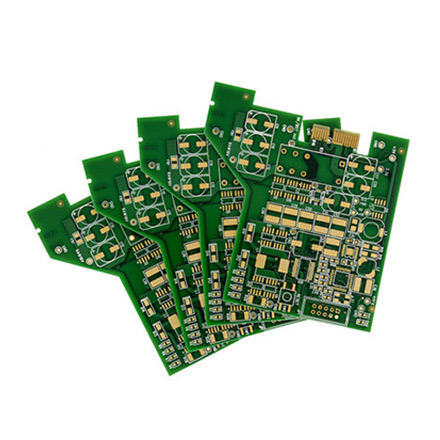

Understanding Grey Float Glass Properties, Applications, and Benefits
Grey float glass is a versatile material commonly used in various construction and manufacturing applications. This type of glass is produced through a process known as float glass manufacturing, where molten glass is floated on a bed of molten tin. This method results in a glass surface that is exceptionally flat and smooth, making it ideal for a wide range of uses.
One of the defining characteristics of grey float glass is its color, which is achieved during the manufacturing process by the addition of specific metal oxides. The grey hue can vary from light to dark, providing designers and architects with options that can complement different aesthetics and functional requirements. The neutral tone of grey float glass makes it a popular choice in modern architecture, as it easily blends with various building materials and surroundings.
Properties of Grey Float Glass
Grey float glass possesses several properties that contribute to its popularity in various industries. First and foremost, it offers excellent light transmission, which allows natural light to filter into spaces while reducing glare. This feature is particularly advantageous in commercial buildings, where ambiance and energy efficiency are key considerations.
Additionally, grey float glass provides significant thermal insulation. The material can help regulate indoor temperatures, leading to energy savings over time. Furthermore, it has good resistance to UV radiation, which protects the interior furnishings from fading and deterioration due to prolonged sun exposure.
The durability of grey float glass is another critical benefit
. It is highly resistant to impact and can withstand harsh environmental conditions, making it suitable for both interior and exterior applications. Its ease of maintenance and cleaning also adds to its appeal, as it does not require specialized care beyond regular cleaning.
Applications of Grey Float Glass
Grey float glass is widely used in architecture, particularly in the construction of commercial buildings, residential homes, and facades. Its modern aesthetic makes it a preferred choice for large windows, curtain walls, and glass doors, providing both functionality and visual appeal.
Apart from architectural uses, grey float glass is also utilized in the automotive industry, particularly for car windows and windshields. Its ability to block UV rays and reduce glare enhances driver and passenger comfort while protecting the car's interior.
Moreover, grey float glass is used in the manufacturing of glass furniture, decorative items, and even mirrors. Designers appreciate its versatility and the timeless elegance it brings to both functional and decorative pieces.
Conclusion
In summary, grey float glass is a valuable material with a wide range of applications in construction, automotive, and design industries. Its combination of aesthetic appeal, durability, and functional properties makes it an ideal choice for various projects. As the demand for modern, energy-efficient building materials continues to grow, grey float glass is sure to remain a prominent player in the market. Its ability to provide beauty and functionality will ensure that it remains a staple in contemporary architecture and design for years to come.